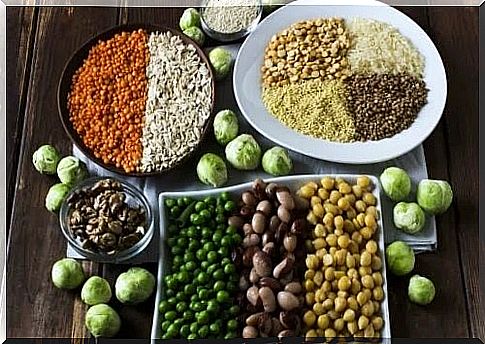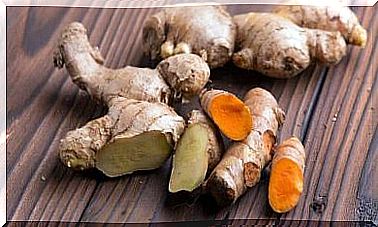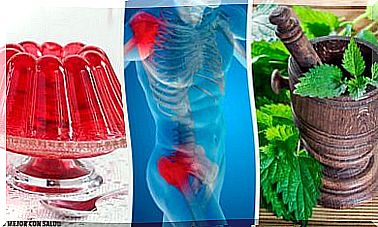The Functions Of Proteins In The Body
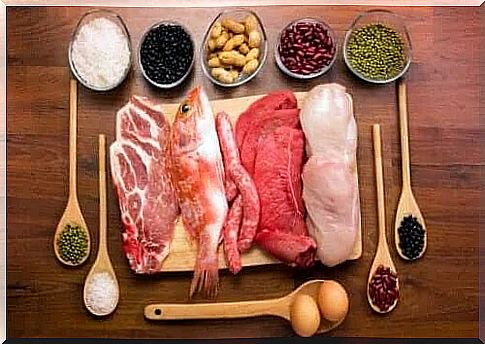
Do you know the functions of proteins in the body? These molecules, like other nutrients, are needed for various vital processes, which is why all individuals must include them daily in their diet.
Proteins are made up of structural units called amino acids. Some of them cannot be synthesized in the body and, for this reason, are considered essential. There is no other way to get them than through diet.
Everything about the functions of proteins in the body
In general, proteins are molecules that have 4 basic elements: carbon, hydrogen, oxygen and nitrogen. In addition, they may contain sulfur, iron, copper or other minerals.
Proteins play a key role in the body of living things, as they are macronutrients necessary for optimal functioning. Their functions are versatile and diverse, the main one being to help form tissues and muscle mass. However, proteins have many more functions.
- Structure and plasticity. An important function of proteins in the body is the formation of cellular structures. It repairs tissues, provides support and gives elasticity and strength. There are two classic examples of this. First of all, collagen, which is found in bones and tendons. Second, keratin, which is found in hair, skin and nails. According to studies, protein intake is one of the basic requirements for increasing muscle mass.
- Adjust. Some hormones, such as insulin and glucagon, are proteinaceous in nature. These two hormones allow you to regulate your blood glucose. Another case is calcitonin, which is responsible for calcium metabolism. In addition, there are proteins whose function is to direct cell division and gene expression.
- Defense. Proteins help create immunoglobulins. These are antibodies capable of protecting the body against foreign agents. Mucins, for example, protect mucous membranes and have a germicidal effect. There is also fibrinogen and thrombin, which contribute to the formation of blood clots and prevent bleeding.
- Homeostasis. Proteins have the ability to keep the internal environment stable through a process called homeostasis. Thus, the pH, acidity and osmotic balance of the body fall into normal values at any time.
- Enzymes. Many proteins are enzymes, which means that they allow the body to react to stimuli at a faster rate. They can accelerate this process due to their ability to interact with substrates. For example, there are enzymes that break down food, such as amylase, lipase and protease.
- Energy reserve. Protein is also an energy reservoir where it should be used as fuel. Although it is not optimal for the body to use them as such, it is a possibility when carbohydrates are not available.
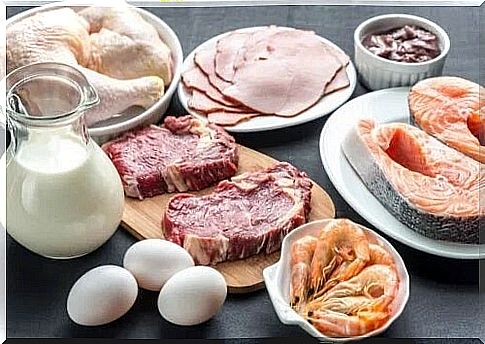
Different sources of protein
According to scientific studies, when you eat plant-based proteins, you should try to combine several types to get optimal quality. Otherwise, certain key components will always be missing.
You can find complete proteins in:
- Eggs
- Legumes: especially soybeans, chickpeas and lentils
This is different for athletes, because the level of physical activity they perform leads to an increased requirement for protein. In fact, according to a study published in the Journal of the International Society of Sports Nutrition, they should consume at least 2 grams of protein per kilogram of body weight per day.
